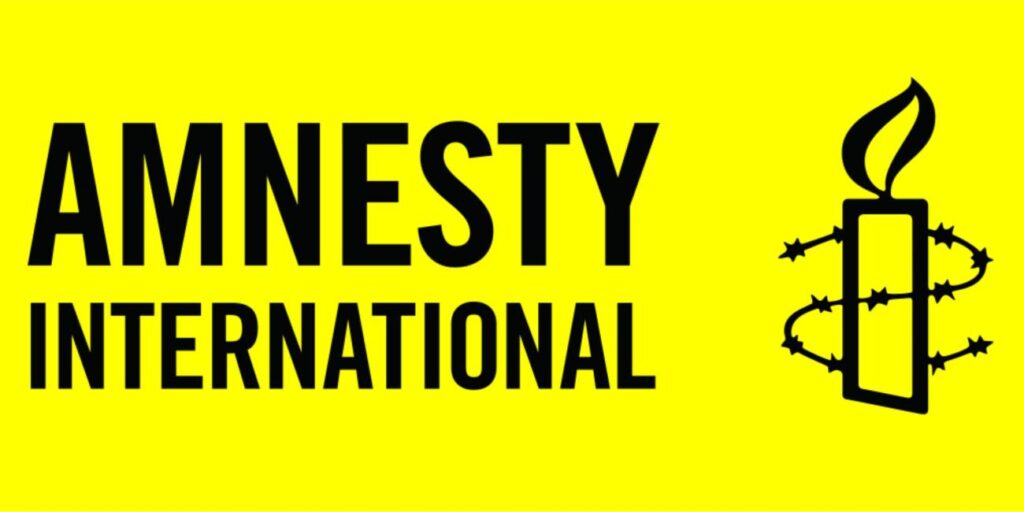… Over 1,800 killed in two years, communities deserted
Amnesty International has debunked the popular label “unknown gunmen” for armed groups operating in Nigeria’s South-East, revealing that many perpetrators are well-known members of the communities they terrorise.
In a damning 128-page report titled A Decade of Impunity: Attacks and Unlawful Killings in South-East Nigeria, released in July 2025, the human rights group detailed atrocities committed between January 2021 and December 2024 by state and non-state actors, including the Nigerian military, police, the state-backed Ebube Agu militia, the Indigenous People of Biafra (IPOB) and its armed wing, Eastern Security Network (ESN), as well as cult gangs and vigilantes.
According to the report, at least 1,844 people were killed between January 2021 and June 2023, with the toll still climbing. Victims include security operatives, traditional rulers, political figures, farmers, students and commuters.
“We know the gunmen. They are not unknown. They are people from our communities,” a displaced resident of Agwa, Imo State, told Amnesty International.
The group said communities like Agwa and Izombe have become “ungoverned spaces” under militant control, with residents displaced, traditional rulers sacked, and local vigilantes overpowered.
In Agwa, over 90 per cent of men have reportedly fled, while gunmen roam freely — sometimes in military uniforms — extorting and harassing the remaining women and children.
The attackers, Amnesty found, include individuals who escaped during the April 5, 2021, jailbreak in Owerri. They allegedly mobilised others, took control of communities, and now impose their own rules.
“They are not masked… They are well-known,” another witness said.
The report also accuses the Nigerian military and police of extrajudicial killings, arbitrary arrests, torture, and enforced disappearances. Ebube Agu operatives were alleged to have carried out mass killings, abductions and home demolitions.
Military airstrikes during Operation Udo Ka and earlier Python Dance deployments were said to have killed civilians and destroyed property in Imo and Anambra states.
Amnesty criticised the authorities for oversimplifying the violence by blaming nearly all attacks on IPOB and ESN, ignoring the roles of cult networks and state-backed militias.
The sit-at-home orders enforced by IPOB/ESN since August 2021 were also condemned for crippling the South-East economy, restricting movement, and denying children education.
Defaulters have faced violent reprisals, including killings and arson.
Despite writing to the governors of Abia, Anambra, Ebonyi, Enugu and Imo, as well as federal security chiefs, Amnesty said it received no substantive response, except a brief acknowledgment from the Anambra government.
The group called for prompt, impartial investigations into all human rights abuses, prosecution of perpetrators, compensation for victims, and an immediate end to extrajudicial killings and enforced disappearances.
“Reducing the crisis to a single narrative has only helped perpetuate a cycle of impunity,” Amnesty said.
Do you want to share a story with us? Do you want to advertise with us? Do you need publicity for a product, service, or event? Contact us on WhatsApp +2348183319097 Email: platformtimes@gmail.com
We are committed to impactful investigative journalism for human interest and social justice. Your donation will help us tell more stories. Kindly donate any amount HERE




